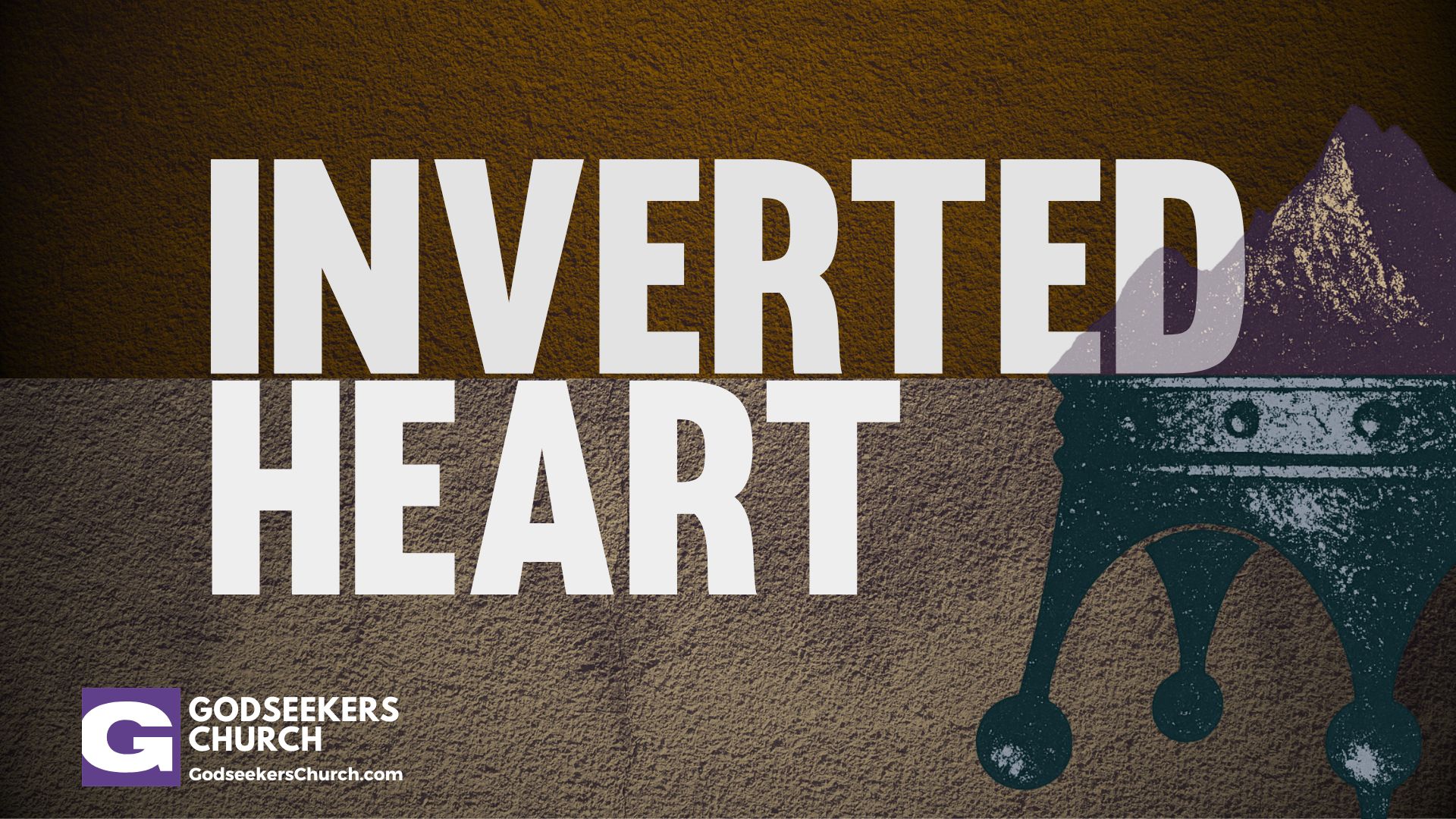Blessed are the merciful, for they will be shown mercy.
Matthew 5:7, NIV
André and Magda Trocmé heard a knock at their door one cold night in 1935. A Jewish woman was running from the Nazis and needed a safe place to stay. The couple welcomed her into their home without hesitation. Soon, their whole village in France was hiding over 3,500 Jewish people during World War II. The Trocmés didn't just feel bad for people in danger – they did something to help.
Real mercy means taking action, not just feeling sorry for someone. Jesus says, "Blessed are the merciful, for they will be shown mercy." He doesn't bless people who only feel compassion but those who show mercy through their actions. Feeling bad about someone's problems is just the first step. True mercy gets involved and helps fix the situation.
Jesus taught this lesson through the Good Samaritan story. In Luke 10, He tells about a man who was beaten and left to die on a dangerous road. Two religious leaders saw him and felt bad, but they just walked by. A Samaritan – someone Jews normally avoided – stopped to help. He cleaned the man's wounds, took him to safety, and paid for his care. Jesus ended the story by saying, "Go and do likewise." He wanted us to act like the Samaritan.
These days, we often think feeling sad about problems is enough. We see suffering on TV or social media, feel bad for a moment, maybe post a comment, then go back to our day. This isn't what Jesus meant by mercy. Real mercy changes our plans, crosses comfort zones, costs us something, and sometimes puts us at risk to help others. It means getting involved, not just feeling concerned.
God's Holy Spirit gives us power to show mercy when we'd naturally walk away. On our own, we'd probably act like the religious leaders who kept walking. God's power helps us overcome our fears, busy schedules, and desire to stay comfortable. What seems too hard for us becomes possible with God's help.
Mercy in action looks different depending on what people need. Sometimes it means giving food, shelter, or medical help. Other times it means forgiving someone who hurt us. Mercy might mean speaking up for people who aren't being heard. Or it could simply mean sitting with someone who's sad. What matters isn't exactly what we do but that we do something to help.
Godseekers, God wants us to actually do mercy, not just think it's important. Jesus didn't just feel sorry for hurting people – He healed them, touched them, and restored them. His Spirit in us gives us power to do the same. Don't wait until you feel perfectly compassionate before helping. Just take the first step toward someone in need, and watch how God uses your simple action in amazing ways.
Prayer
Dear God, thank You for not just feeling love for me but showing it through Jesus' actions. I'm sorry for times I've felt bad for others but didn't help them. Please fill me with Your Spirit so I can show real mercy. Give me courage to move toward people's pain instead of avoiding it. Help me see chances to show mercy today and respond like Jesus would. In His name, Amen.
Personal Reflection
- When have you felt bad for someone but didn't do anything to help? What stopped you?
- What is one simple way you could show mercy this week to someone who is hurting?
Step of Faith
Today, I will choose one person who needs help and do something specific for them – not just feel sorry about their situation.



